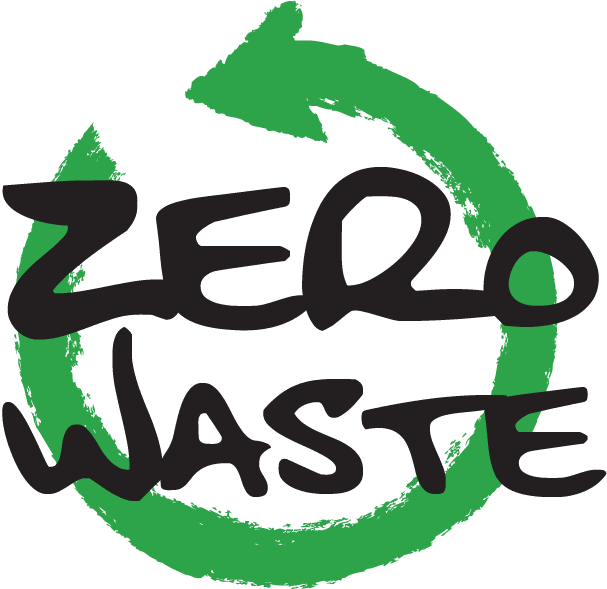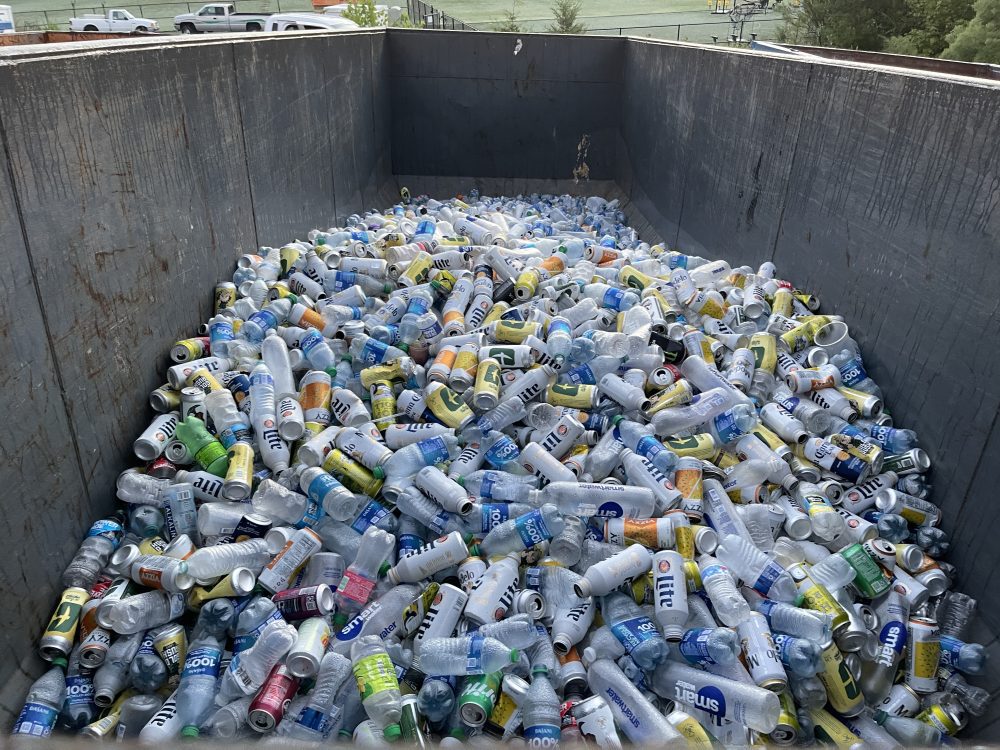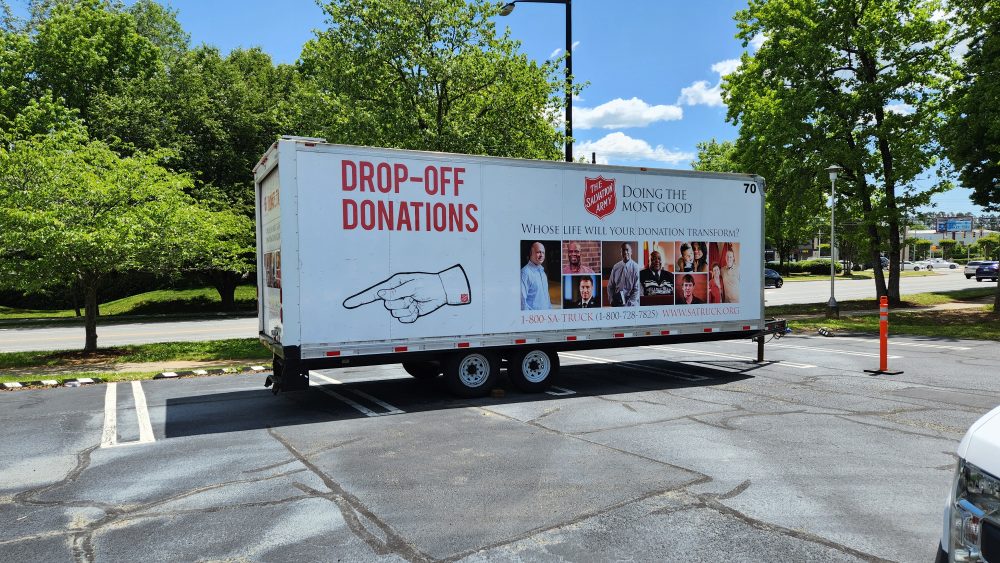Recycling

recycling
Zero Waste
A current initiative of the university is “Zero Waste.” This phrase refers to minimizing the tons of materials we send to a “dead end,” such as a landfill. Accomplishing that requires many solutions, including:
- Refusing unwanted wastes like excessive packaging or “free” stuff
- Reducing the amount of materials used on campus (especially single-use items)
- Repairing items to extend their life
- Sending recyclable items back into the manufacturing cycle — and buying back recycled-content goods
- Moving organic materials to a composter to return to the soil

To sum up, our Zero Waste initiative will need the 5 R’s: Refuse, Reduce, Reuse, Recycle and Rot. Below we group some of these to focus on the operations supported on campus.
RECYCLE

Sorting is important. A 2019 study of UNC Charlotte trash bins showed that about 20% were items easily recycled — paper, cardboard, and containers. It also documented our mistakes and “wishcycling,” leading to a large amount of trash in campus recycling bins. The latter can lead to our shipments to the recycling facilities being rejected — sending more to the landfill and undoing all the good sorting work of our community.
Public areas and workspaces of campus support collection of many recyclable items, including paper, cardboard, and containers made from steel, aluminum, glass, paper, and plastic (#1 through #5). The Recycling website and the Waste Wizard provides information on what can and can’t be recycled. Campus standards require that all trash bins must have recycling bins. Those bins should have signs posted to help the user sort their materials properly.
REUSE
Many units of campus are involved in handling materials that can be reused.
In some years, the largest source of solid waste is from construction and demolition. UNC Charlotte has policies to divert more than half of these materials from landfills. Items that are recycled include concrete, steel, aluminum, carpet, and insulation. In 2019, an 11-story dormitory was demolished with over 98% of the material being recycled.
Equipment, furniture, and other items that are state property are handled by Inventory Control & Surplus Property. They maintain a warehouse to help items find a new use on campus, or to sell items for reuse. A special category of hazardous waste they handle is electronics, sending unusable “e-waste” to a safe and secure recycling company. In general, hazardous waste questions should be directed to Environmental Health and Safety (EHS), who can advise on the possibility to reuse or recycle waste.

For campus residents, special efforts are made to collect reusable items throughout the year, but especially during the “move-out” season before spring graduation. Unwanted household items like lamps, stools, clothes, books, canned goods, and mirrors are donated to charities including the Salvation Army, Habitat for Humanity and the Jamil Niner Student Pantry.
ROT
The Recycling team also leads our composting efforts. UNC Charlotte made early efforts to compost on campus in the 1990s. Then, Facilities Management collected food and yard waste from campus, put them in large vessels called Earth Tubs, and used the compost in landscaping projects. As the campus grew, the organic waste outgrew that local solution, and the campus turned to sending material to commercial composters.
In 2019, the university recorded sending its one-millionth pound of organic waste to composting. The main collection points on campus are the two major dining halls and the Grounds compound. Organic waste from other campus food outlets are routed to the dining halls. A waste audit in 2019 found that two of the largest components that we send to landfills are compostable: paper towels from bathrooms and food waste generated by “to-go” dining.

Progress
In 2022-2023, the university recycled 545 tons, composted 215 tons, and reused 10 tons. Of the total waste generated, 72% (1,957 tons) was sent to landfills. This is an overall diversion from landfill of 28%. Records going back to 2002 show a 21-year range in overall diversion rate of 24% to 40%, with an average of 29%. These are non-construction waste streams, equivalent to Municipal Solid Waste in a community. For these decades, the US EPA reported a US average of 34% diversion.
The Football Stadium, declared a Zero-Waste Facility by the Student Government Association in 2011, diverted 80% of waste to recycling and compost during the 2024 Football season. Click here to read more about our Zero Waste stadium efforts.
Check out this December 8th, 2023 article highlighting the Zero Waste Stadium work and the volunteers who helped during the 2023 football season!